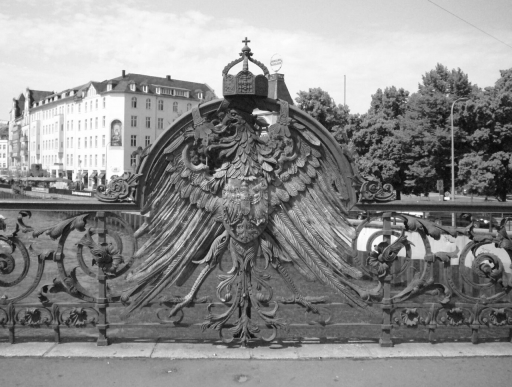Germany’s Emperor, Wilhelm II, was forced to quit two days before the end of the First World War, his abdication unilaterally announced by Chancellor Max von Baden.
Wrangling over the Kaiser’s future took place amid spreading revolution in Germany.
Wilhelm II resisted calls to abdicate until warned by his Generals that the army would no longer fight for him.
Max von Baden acted to resolve the issue on 9 November 1918, and then himself made way for a new Chancellor, Friedrich Ebert, of the socialist SPD party, to lead the newly-proclaimed republic.
The German delegation already in France signed the armistice terms presented to them by the Allies on November 11.
When the Great War broke out in 1914, Kaiser Wilhelm had assured his troops they’d be home before the leaves fell. Four years later, he boarded a train for exile in the Netherlands, where he died in 1941, with the world again at war.
Posted by: CN Editorial Team
Images: Centenary News
